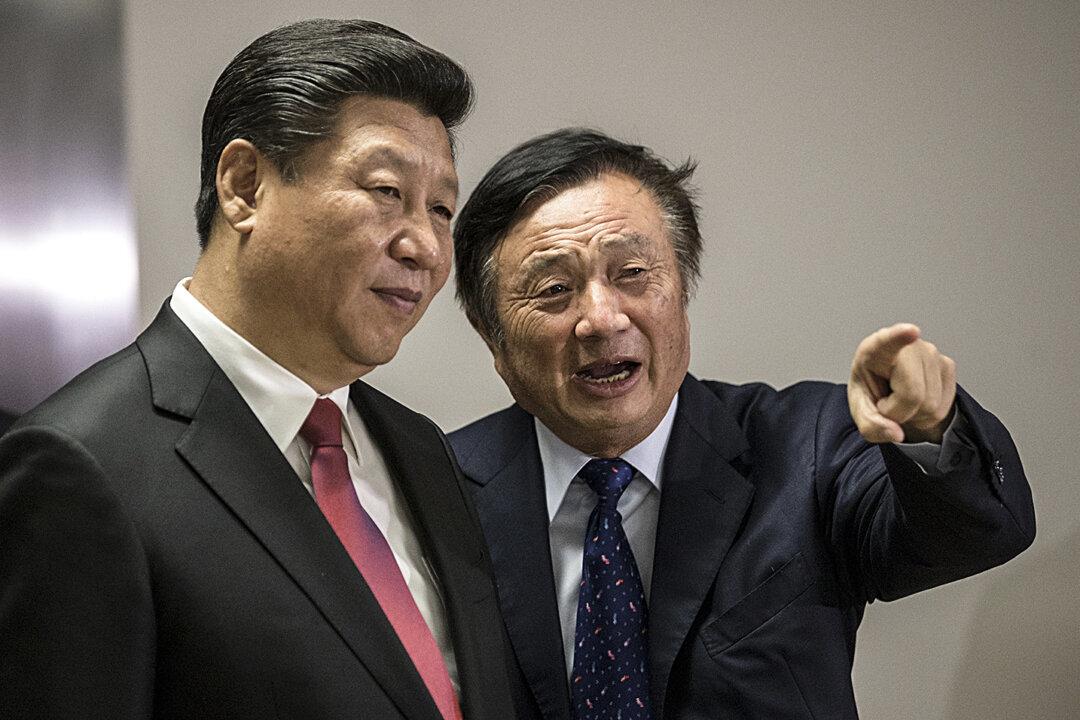The founder of Chinese telecom giant Huawei said May 21 that his family members use Apple phones and buy him Apple computers when they travel overseas.
“Many of my family members tell me that Apple’s ecosystem is better than ours,” Ren Zhengfei told a group of Chinese reporters during a press conference held at his company’s Shenzhen headquarters on May 21, state-run media Beijing News reported.





